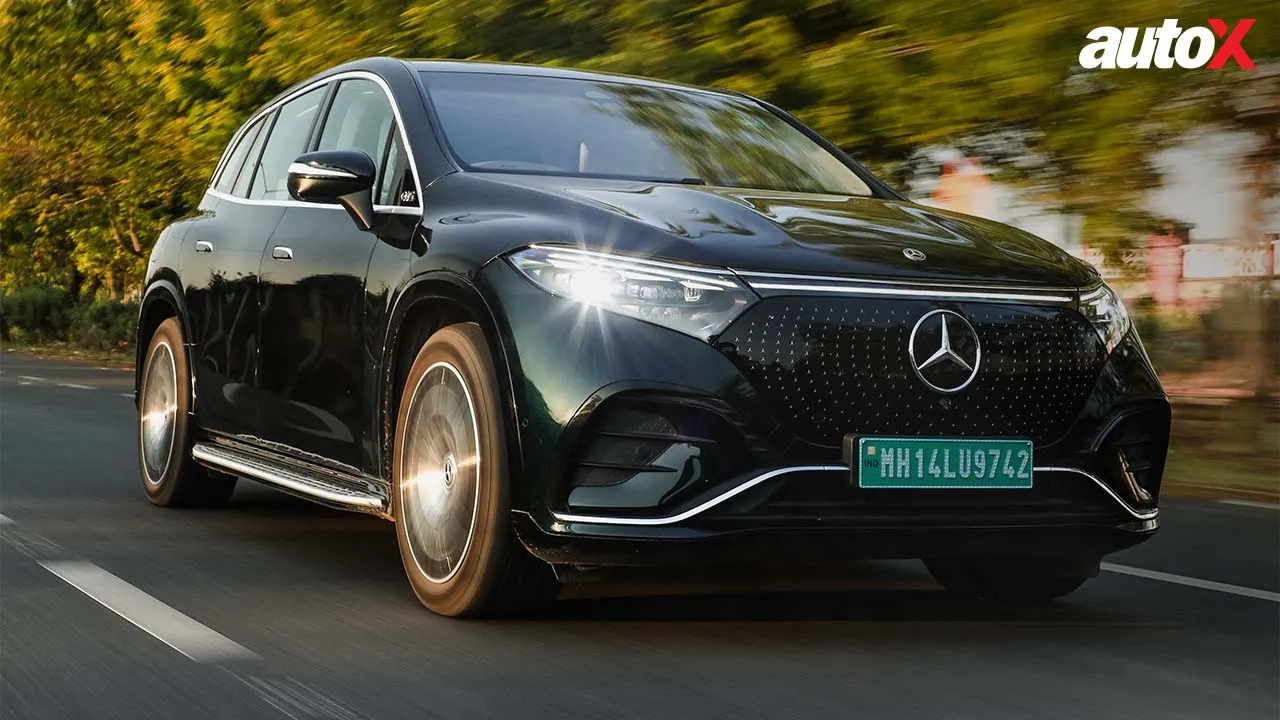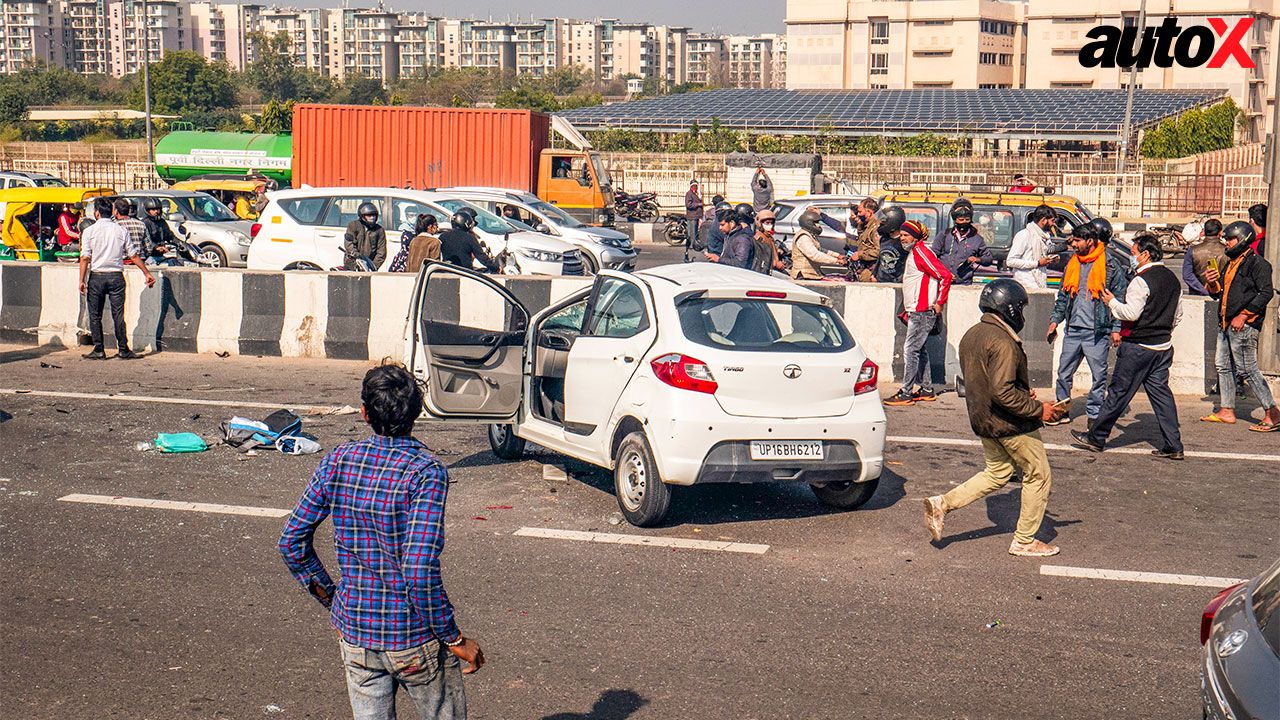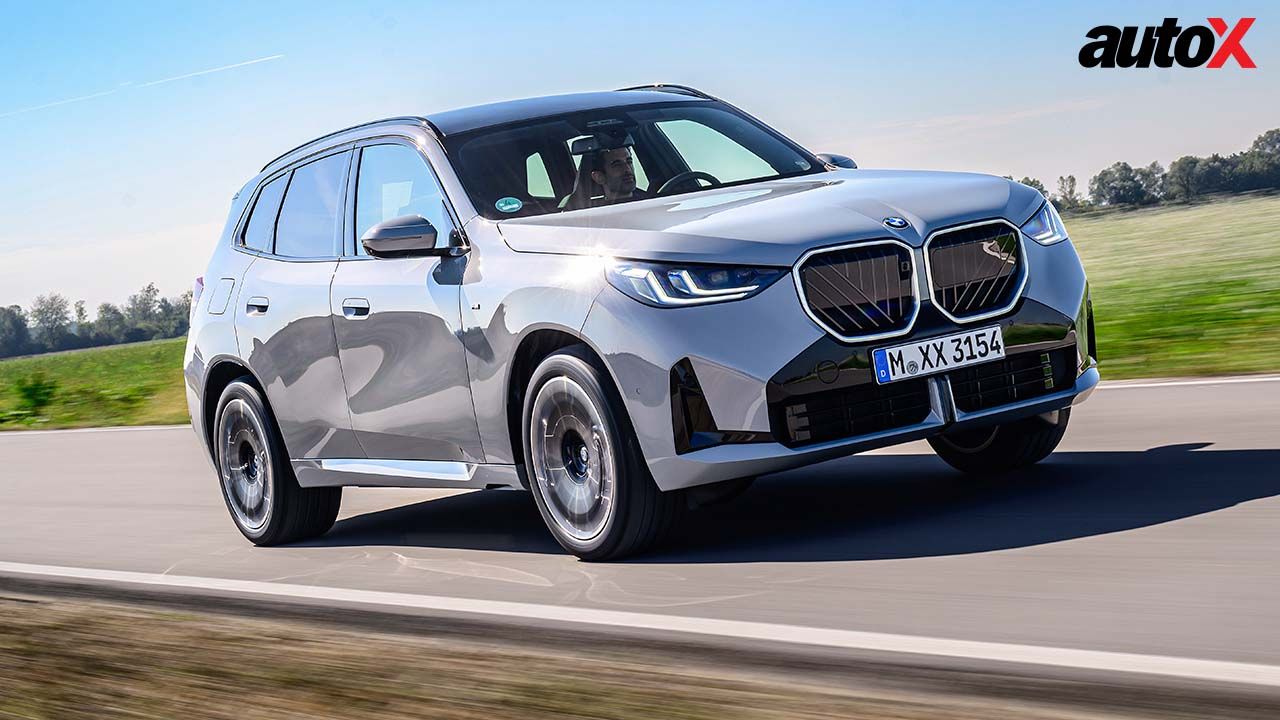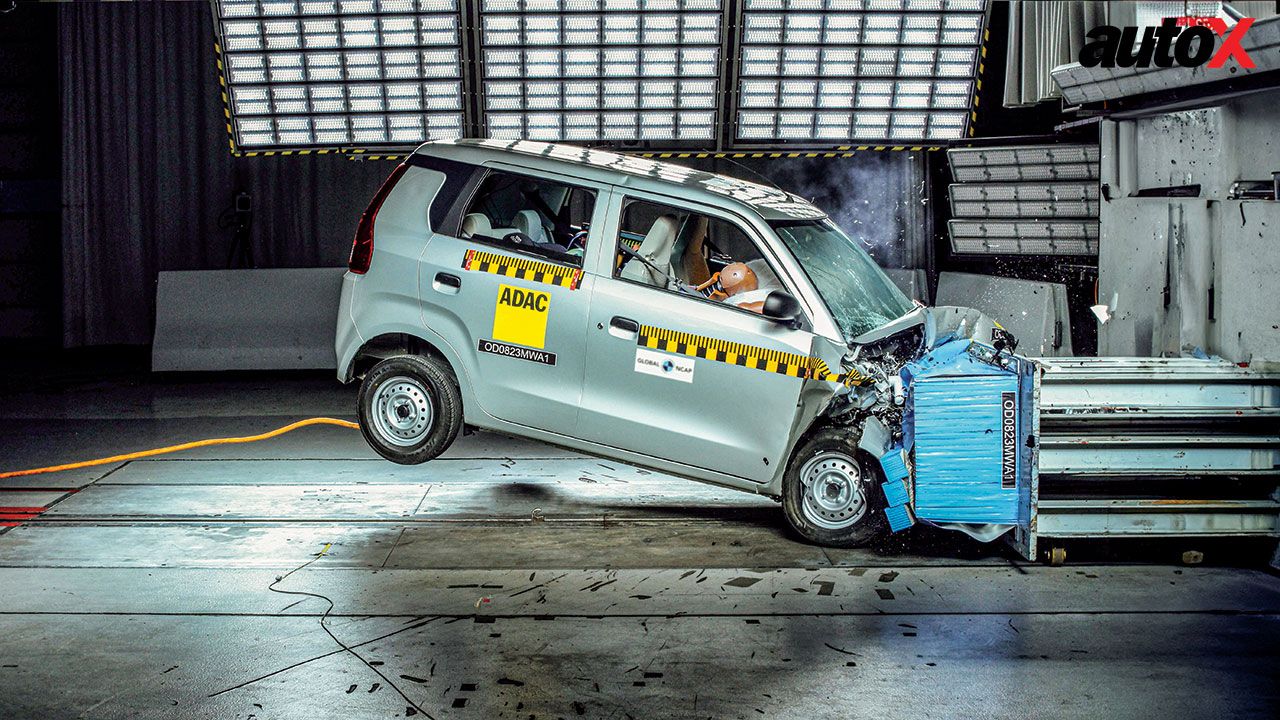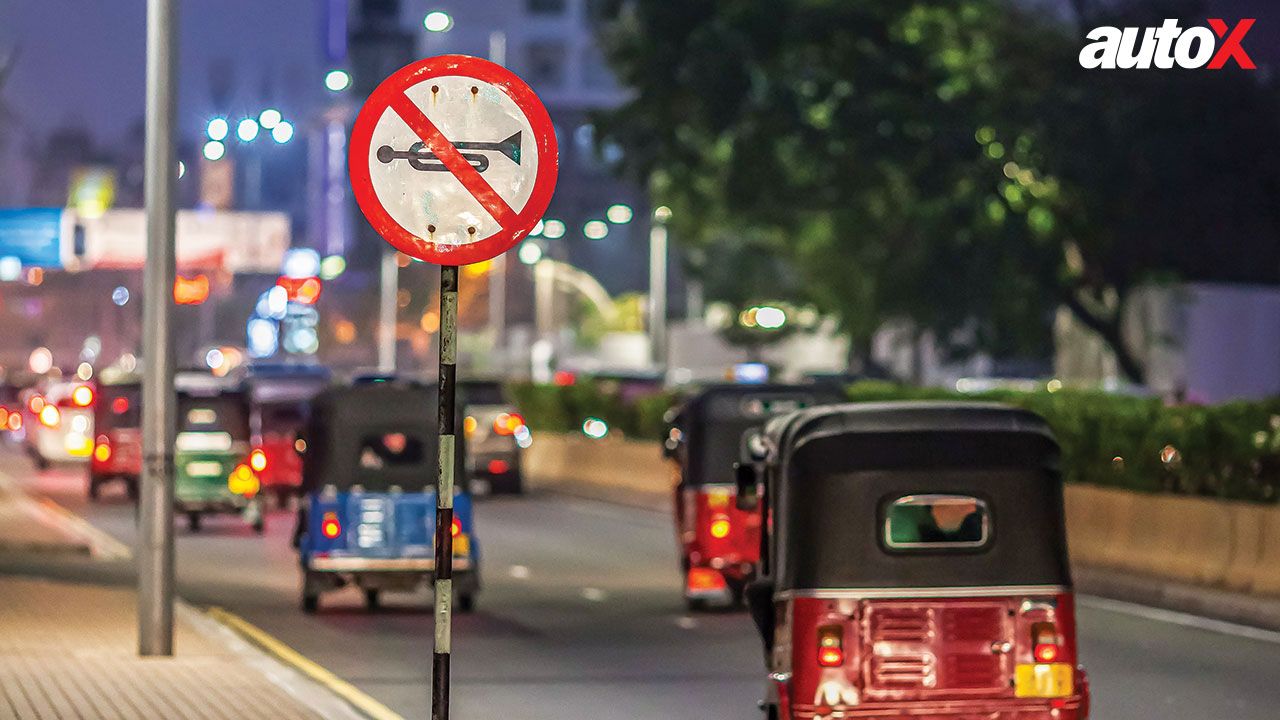When will Volkswagen’s dieselgate turmoil end?
Muller is out, Diess is in! Jens wonders when the turmoil at VW will come to an end. That was quick! Volkswagen CEO Matthias Muller was ousted swiftly on the 12th of April, after just two-and-a-half years at the top. Muller had been taking the heat for the diesel scandal, and has steered the
By Jens Meiners

Muller is out, Diess is in! Jens wonders when the turmoil at VW will come to an end.
That was quick! Volkswagen CEO Matthias Muller was ousted swiftly on the 12th of April, after just two-and-a-half years at the top. Muller had been taking the heat for the diesel scandal, and has steered the VW Group through some pretty stormy waters while delivering impressive numbers. He’s now succeeded by Herbert Diess, a former BMW executive known for his no-nonsense management style.
Muller was guilty of a number of gaffes. A few months ago, he called for the end of diesel “subsidies” in Germany (in fact, diesels are not subsidized, but the fuel is taxed slightly less than petrol in Germany). The remarks were not taken kindly by his colleagues in the German auto industry. It was Volkswagen, after all, whose cheating had put diesel in a bad position in the first place. As a result, the entire industry is suffering, and at a loss for how to comply with upcoming emissions and consumption requirements.
Most recently, Muller likened pay caps for executives to measures by Communist East Germany – a politically charged statement in a society that’s focused on equality.
Herbert Diess, who replaces Muller, had seemed to be on his way out of VW just a year ago, when he criticised the mighty labour unions. But he has since become closer with Bernd Osterloh, head of VW’s labour council. The peace, however, is unlikely to last – as few auto executives are as cost-driven as Diess.
And while Diess is a petrolhead who initiated the awesome S1000 RR superbike during his time at BMW, he has since become a proponent of electric mobility – leading efforts to bring a family of all-electric VW models to market under the ‘ID’ moniker.
Diess was initially brought on by former VW Group overlord Ferdinand Piech, whose management style and attitude Diess somewhat mirrors – albeit in a tempered way. His rise to become head of the Group comes at the expense of Andreas Renschler, a former Daimler executive who’s been in charge of VW’s commercial vehicle brands MAN and Scania – his management style is less confrontational than Diess’ manner.
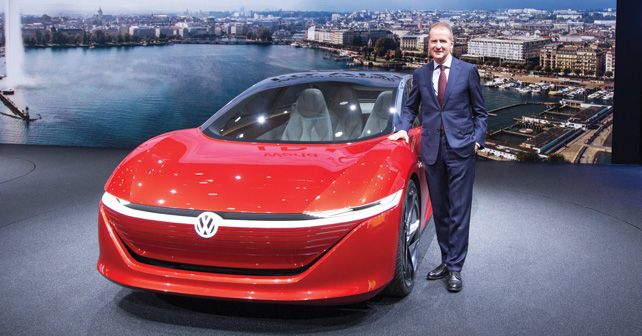
Diess has a number of challenges to tackle. For one thing, the diesel scandal is not yet over. Some European customers demand payments similar to the ones doled out in America. And prosecutors in Germany are not letting off. Incredibly, former VW R&D chief, Wolfgang Hatz, has been jailed for half a year now without so much as a trial. The raids continue, and Diess has to protect VW and fight any sense of resignation and disillusionment among his employees.
Diess also needs to try everything to turn this electrification push into a success. VW is working on an impressive portfolio of fully electric vehicles, but the charging infrastructure is still woefully inadequate – and, even if it weren’t, electrics are so far behind conventional vehicles in terms of cost, convenience and performance that it’ll be exceedingly difficult to sell them in sufficient numbers.
Volkswagen also needs to find a position in the market that will allow it to charge a sufficient premium above brands like Hyundai and Kia. VW, after all, has abandoned Ferdinand Piech’s push to become a premium brand, and, sadly, this is already showing in some of its recent offerings. The VW Phaeton, of course, is dead – while brands like Kia are pushing upmarket, with models like the Stinger and the K900.
At the other end of the spectrum, VW hasn’t managed to develop a low-cost car that can be sold profitably. A few years ago, the partnership with Suzuki fell apart over a clash of personalities more than technological disagreements. And Wolfsburg can’t seem to pull it off independently.
As head of the Volkswagen Group, Diess also needs to work on further streamlining engineering and platforms, while avoiding the product cannibalisation that is prevalent between VW, SEAT and Skoda. The US market, meanwhile, continues to be a headache for the company. Customers there have already moved beyond the diesel scandal, but VW is still far behind the competition when it comes to brand recognition and market penetration. Making the cars more boring, like the new Jetta, may not be the perfect strategy either. And Diess needs to take decisions on divesting in brands like Ducati, while continuing to keep the owners – above all, the Porsche and Piech families and the German state of Lower Saxony – informed and happy.
Lastly, the design departments of the VW Group are haemorrhaging talent, and the proud spirit of the past two decades, when the VW brands were known for their superior design, seems to be gone. Today, some of VW’s best, like Luc Donckerwolke, Thomas Ingenlath and Achim Badstubner, continue their work elsewhere.
Yet, the VW Group is still in a better position than its chief competitors, GM and Toyota, in many ways. Toyota’s Lexus is big only in America and China – and GM has abandoned Europe altogether. Despite all of its issues, VW may still emerge as the winner.
